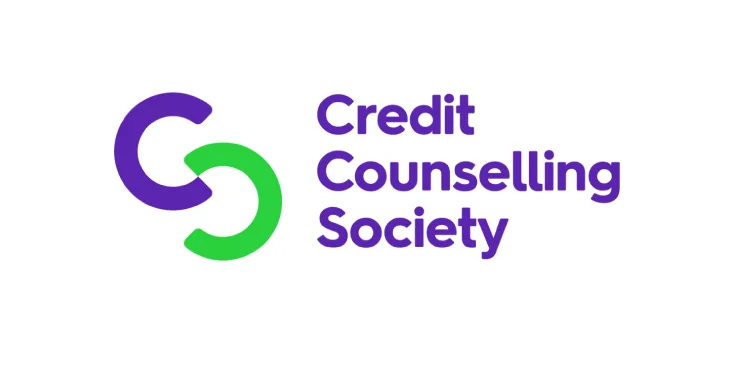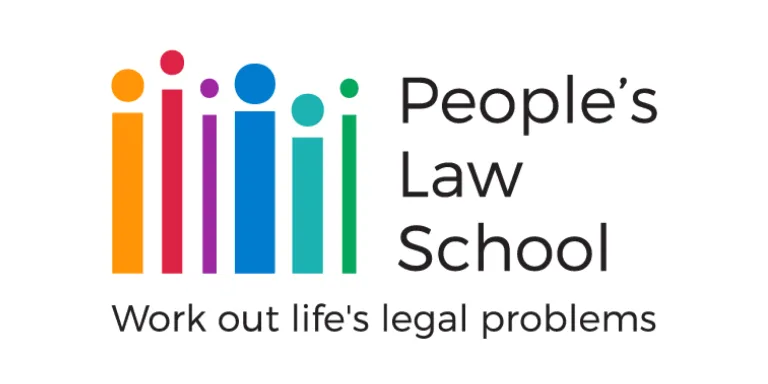First steps in dealing with debt

No one likes going into debt. If you’re deep in the red, it can be tough to decide which debts to tackle first. Here’s some guidance on where to start.
What you should know
Not all debts are equal. For some debts, the consequences of not paying are more serious. For example, if you miss mortgage payments on your home, you may lose your home.
Other types come with less serious consequences. Your credit card, for example. If you miss a payment, you’ll be charged interest and your credit score will take a hit. But that’s not as bad as having your property taken away or your electricity cut off.
The law gives creditors ways of collecting if you can’t pay them back. (A creditor is someone you owe money to.) Some ways can cause serious problems for you. For example, depending on the situation, a creditor may be able to:
take possession of your home
send someone to “seize” (take) your personal property
cut off your gas or electricity
These are called priority debts. Focus on paying these off first.
Some types of priority debt include:
mortgage
rent
gas and electricity
court fines
tax debt
spousal or child support
Often, priority debts are secured debts. This means the creditor takes a security interest in collateral. Collateral is property offered to make sure a promise is kept. If a debtor doesn’t keep their promise to pay the debt, the creditor can take (or “seize”) the collateral.
For example, most car loans are secured debts, with the car as collateral. If the debtor misses a loan payment, the creditor has a legal right to take the car.
Which underlines why it’s important to prioritize paying off secured debts!
In BC, there’s a time window for starting a legal action. In the case of a debt, the time limit (or limitation period) is two years. If more than two years go by and a debtor hasn’t made a payment or acknowledged they owe a debt, the creditor may be time-barred from suing to collect.
Work out the problem
There are steps you can take to work out your debt problems.
Step 1. Gather information for each debt
Step 2. Identify the priority debts
Step 3. Work out what you can afford to pay
Step 4. Contact your creditors
Step 1. Gather information for each debt
Make a list of your debts. If you’re behind on payments for things like rent, property taxes, or utility bills, include those debts.
For each debt, find:
the name of the creditor or lender
your account or reference number
a copy of any loan agreement you signed
details of how much is currently owing
Collect copies of any correspondence you’ve had with your creditors, such as letters or emails.
Step 2. Identify the priority debts
Review your list, and identify which debts are priority debts. These are the debts that have the most serious consequences if you don’t pay them.
Step 3. Work out what you can afford to pay
Before reaching out to your creditors, you should figure out what you can offer to pay them. To figure this out, prepare a budget. A budget is a plan for how you will spend your money over a period of time. It shows how much you plan to get and spend over that period.
First, list your monthly income. This includes income from your job, pensions, or other sources.
Second, list your estimated monthly expenses. This can be trickier. Some common monthly expenses are:
mortgage or rent
phone bill
utility bill
car insurance
groceries
daycare
Any money you have left over after paying your expenses should go towards your debts.
If you’re looking for a place to start with your budget, we offer guidance on how to prepare one. See budgeting out of debt.
Step 4. Negotiate with your creditors
First, a caution: If you’re being asked to pay a debt and you think the limitation period may have expired, seek legal advice right away. There are options for free or low-cost legal advice.
To prepare for negotiating, have in hand:
whether the debt is a priority debt or not
how much you owe
how much money you have left after essential living expenses
what you can offer to pay and over how long
To start, get in touch with any priority creditors first.
Be honest with your creditors. Explain your situation. Show them the budget you made. Make an offer based on what you can afford.
Even if you can’t reach an agreement, try to put some money towards your priority debts. This may be enough to prevent priority creditors from taking action against you.
Once you’ve contacted your priority creditors, reach out to your other creditors — even if you can’t afford to pay down your less-urgent debts. Simply explaining your plan for getting out of debt shows them you aren’t trying to dodge them. You’re dealing with the problem.
We dive deeper into each of these steps, if you'd like more help. See our in-depth information on this topic.
Who can help
Consider reaching out to this agency for help with reducing your debt.

Credit Counselling Society of BC
A non-profit society that helps people better manage their money and debt.
Getting legal advice can help you clarify how to proceed.

BC Legal Referral Service
Helps you connect with a lawyer, notary or paralegal for a free 15- to 30-minute consult to see if you want to hire them.

Access Pro Bono's Legal Advice Clinics
Volunteer lawyers provide 30 minutes of free legal advice to people with low or modest income.
This information from People’s Law School explains in a general way the law that applies in British Columbia, Canada. The information is not intended as legal advice. See our disclaimer.
Related
On Dial-A-Law
Dial-A-Law has more information on Dealing with debt in the section on Money & debt.
